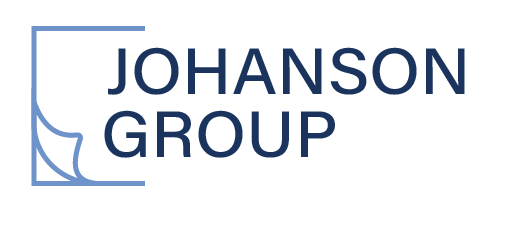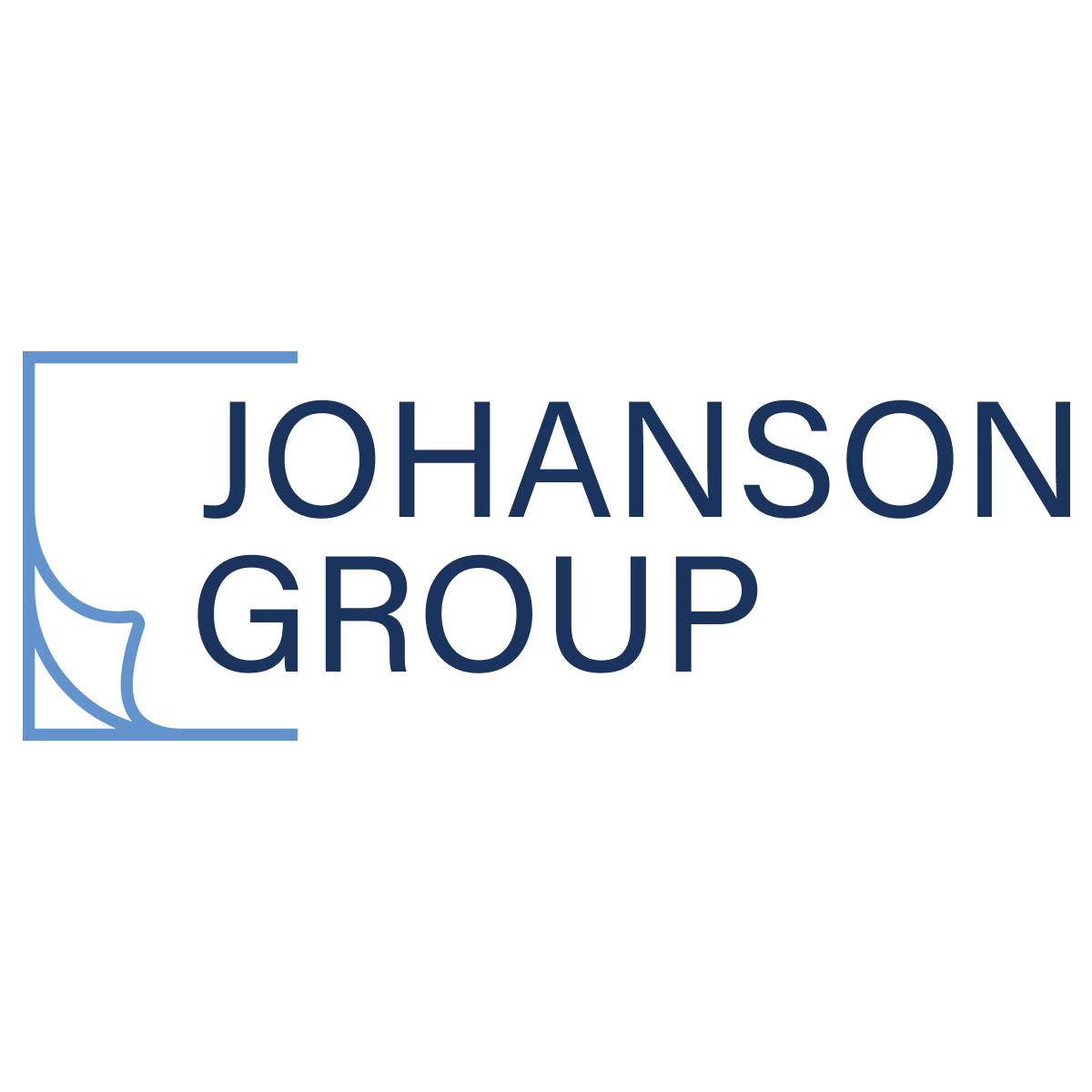SOC 2 Compliance: 5 Common Questions
SOC 2 compliance has emerged as a crucial standard for businesses handling sensitive information. But what exactly does SOC 2 entail? What benefits does it offer, and how can you determine if your organization is ready for it? Let's delve into these questions and demystify SOC 2 compliance.
1. What are the benefits of SOC 2?
SOC 2 compliance isn't just a checkbox exercise; it's a testament to your organization's commitment to security, privacy, and operational integrity. By adhering to SOC 2 standards, you signal to your clients and partners that their data is in safe hands. Here are some key benefits:
Enhanced Trust: SOC 2 compliance demonstrates your dedication to protecting sensitive data, fostering trust with clients and stakeholders.
Competitive Advantage: In today's data-driven world, SOC 2 compliance can be a differentiator, giving your business a competitive edge.
Risk Mitigation: By implementing SOC 2 controls, you reduce the risk of data breaches and operational disruptions, safeguarding your reputation and bottom line.
2. What is the difference between Type 1 and Type 2?
Understanding the distinction between SOC 2 Type 1 and Type 2 reports is crucial for planning your compliance journey.
Type 1: A Type 1 report evaluates the design and implementation of your controls at a specific point in time, providing a snapshot of your security posture.
Type 2: In contrast, a Type 2 report assesses the effectiveness of these controls over a defined period (typically six months to a year), offering a more comprehensive view of your security practices.
Both reports play a vital role in demonstrating compliance, with Type 2 providing deeper insights into the operational effectiveness of your controls.
3. What does SOC 2 cover?
SOC 2 compliance encompasses a broad range of security, availability, processing integrity, confidentiality, and privacy principles. Here's a breakdown of what SOC 2 covers:
System Monitoring: Continuous monitoring of systems to detect and respond to security incidents in real-time.
Data Breach Alerts: Prompt notification and response procedures in the event of a data breach or security incident.
Audit Procedures: Rigorous audit trails and procedures to ensure the integrity and accuracy of data handling processes.
By addressing these areas, SOC 2 helps organizations mitigate risks and uphold the highest standards of data security and privacy.
4. How long does it take to get a SOC 2 report?
The timeline for obtaining a SOC 2 report can vary depending on various factors, including the complexity of your organization's systems and processes, the readiness of your controls, and the chosen auditing firm. However, on average, the process typically takes between three to six months for a Type 1 report and six to twelve months for a Type 2 report.
It's essential to start early, conducting a thorough readiness assessment and implementing necessary controls to expedite the SOC 2 certification process.
READ MORE: Streamlining The SOC 2 Audit Process in 10 Steps
5. How do I know if I am ready for SOC 2?
Assessing your readiness for SOC 2 involves evaluating your organization's current security practices, policies, and procedures against SOC 2 requirements. Here are some indicators that you may be ready for SOC 2:
Established Security Controls: You have robust security controls and processes in place to protect sensitive data and mitigate cybersecurity risks.
Documented Policies: Your organization has documented policies and procedures covering security, privacy, and data protection practices.
Commitment to Continuous Improvement: You demonstrate a commitment to ongoing monitoring, assessment, and improvement of your security posture.
Engaging with experienced cybersecurity professionals and conducting a readiness assessment can provide valuable insights into your preparedness for SOC 2 compliance.
SOC 2 compliance is not just a regulatory obligation but a strategic imperative for organizations seeking to safeguard sensitive data and maintain trust with their stakeholders. To embark on your SOC 2 compliance journey with confidence, consider partnering with a trusted provider like Johanson Group. With their expertise in SOC 2 compliance services, you can navigate the complexities of certification seamlessly, ensuring the security and integrity of your operations for years to come.



